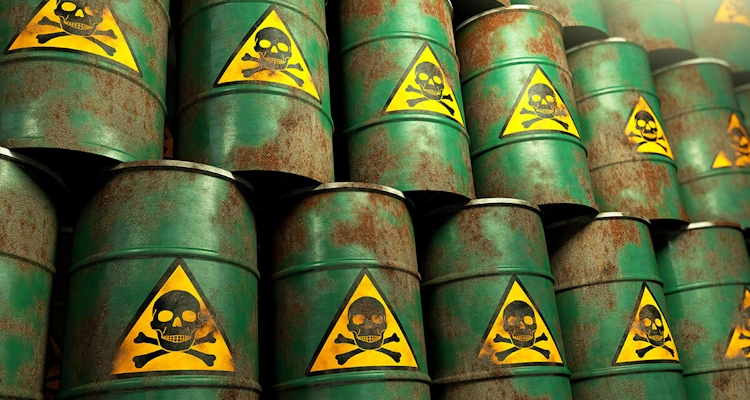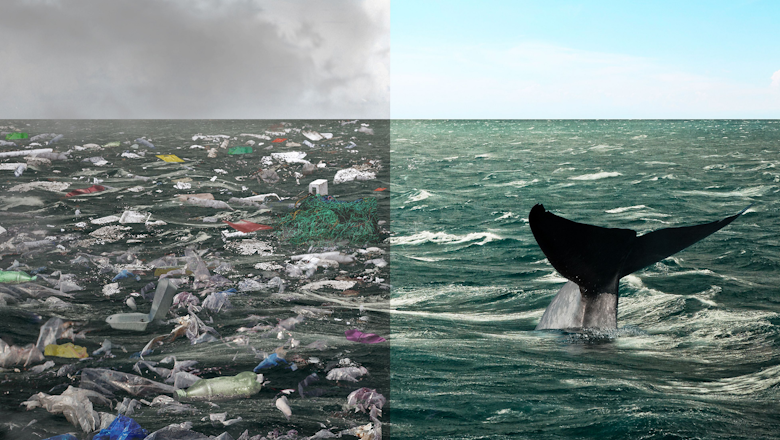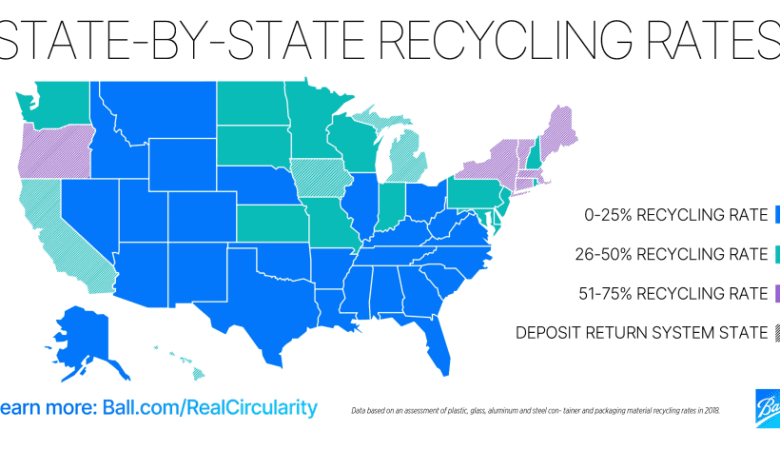According to Kirk Reddick, CEO of Virginia waste management company Same Day Dumpster Rental Norfolk, management of hazardous waste is a major issue in Virginia cities such as Norfolk, the impact it has on public health and environment safety cannot be over-emphasised. Hazardous waste management in Virginia is governed by an extensive regulatory regime that seeks to ensure the safe and proper handling, containment as well disposal of hazardous substances.
The Virginia Department of Environmental Quality (DEQ) is the primary state agency responsible for solid and hazardous waste management. These regulations come from both state and federal level such as the Resource Conservation & Recovery Act (RCRA) on a national scale, which is enforced by DEQ.
Hazardous waste is divided under the RCRA into two categories: listed wastes which are determined by process or industrial origin, and discarded commercial products; and characteristic wastes that exhibit one of four hazardous traits (ignitability, corrosivity reactivity toxicity).
Any business or facility that generates a dangerous waste ought to acquire a serious few find of permit from the DEQ and cannot simply hire a dumpster rental to get rid of it. As the permit details, it specifies requirements for how hazardous waste must be managed including storage practices and procedures, recordkeeping / tracking systems emergency response capabilities, employee training.
Conditionally Exempt Small Quantity Generators (CESQGs) generate less than 100 kilograms of hazardous waste per month and are subject to fewer regulatory requirements than larger generators. Nonetheless, they must still determine that any waste generated is hazardous and make certain it goes only to a person or facility authorized to handle it by regulation, and avoid generating too much of the stuff on-site at one time.
The DEQ also regulates the transport of hazardous wastes for many companies. Hazardous waste transporters must comply with all relevant US Department of Transportation regulations, and they carry manifests denoting the specific destinations of individual batches for proper tracking in case a discharge or spill has occurred onsite along traveled routes.
The DEQ also administers the Corrective Action Program to ensure cleanup of hazardous waste and hazardous constituent releases occurring at a facility. This program is intended to reduce the risk of exposure of humans and ecology revealed in contamination.
Waste Disposal: Hazardous waste in Virginia must be disposed at a licensed hazardous waste management facility. Those facilities are strictly regulated to make sure the waste is being managed and disposed of in a manner that protects human health, as well as the environment. These include requirements for the safe disposal of waste, routine monitoring and inspections and closure, plus post-closure care.
Additionally, Virginia’s hazardous waste regulations have always been heavy on the issue of solid waste minimization and pollution prevention. Facilities that generate hazardous waste are encouraged to reduce the volume and toxicity of waste generated, reuse or recycle where possible, and use treatment technologies for rendering waste non-hazardous.
The DEQ also offers outreach activities and technical assistance to business establishments and facilities seeking awareness of hazardous waste requirements. That would include everything from guidance documents to training workshops and hands-on help on site.
A variety of penalties, including fines and imprisonment can be imposed for hazardous waste violations in Virginia. As stated in the Notice, DEQ routinely inspects and audits permitted entities to ensure compliance; enforcement activities are initiated as necessary.
As a result, Hazardous waste regulations regulation in Va portray an organized means for the responsible and safe disposal of hazardous waste products. The DEQ protects public health and the environment from hazardous waste through a combination of tough regulations, assistance in technical applications, enforcement by compliance orders and lawsuits.






